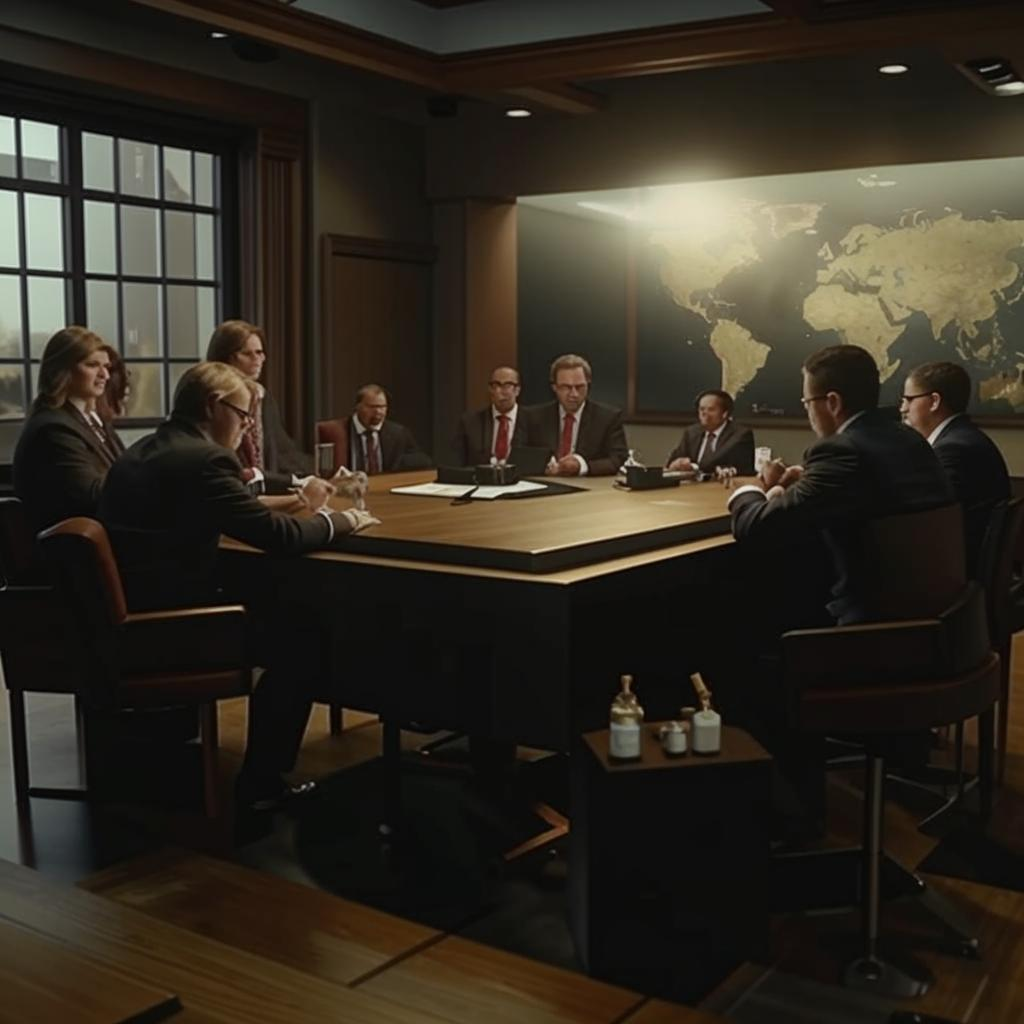Tariffs are taxes imposed on imported goods, and their impact is a complex issue with wide-ranging effects on consumers, businesses, and the overall economy. When a country imposes a tariff, it increases the cost of imported goods, making them more expensive for domestic consumers.
The immediate impact is often felt by importers, who must pay the tariff to bring goods into the country. However, these costs are frequently passed on to consumers in the form of higher prices. This can reduce consumer purchasing power and potentially slow down economic growth. Businesses that rely on imported raw materials or components may also face increased production costs, leading to higher prices for their products.
The economic impact of tariffs extends beyond consumers and businesses. Tariffs can disrupt global supply chains and lead to retaliatory tariffs from other countries. This can spark trade wars, where countries impose tariffs on each other’s goods, escalating costs and creating uncertainty for businesses. Such trade wars can negatively impact economic growth, reduce investment, and increase unemployment.
While tariffs are often presented as a way to protect domestic industries and jobs, the reality is more nuanced. Some domestic industries may benefit from tariffs, but this comes at the expense of consumers and other businesses. The overall impact on the U.S. economy is generally negative, as tariffs distort markets, increase costs, and create barriers to trade. Furthermore, the burden of tariffs often falls disproportionately on lower-income households, who spend a larger share of their income on essential goods. The effects can vary depending on the specific goods targeted, the size of the tariffs, and the reactions of other countries. Understanding these factors is crucial to evaluate the potential consequences of trade policies.















